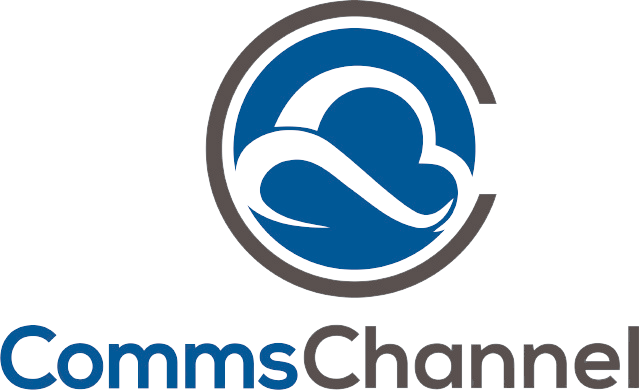CommsChannel - For all your telco needs
For many healthcare providers, the contact centre is still a bottleneck. From overwhelmed front desk staff to long hold times and missed calls, the traditional phone system often fails under pressure. But as AI voice technology continues to evolve, it’s beginning to reshape the way clinics, practices, and hospitals manage patient communications – and it’s opening the door for tech and telco providers to offer real value to the healthcare sector.
In this blog, we explore how AI voice agents are streamlining operations in healthcare, what use cases are gaining traction, and where the opportunities lie for those selling into this space.
The Healthcare Call Centre Challenge
In most healthcare environments, staff are already stretched. Phones ring constantly with appointment requests, test result enquiries, cancellations, follow-ups, and admin questions. A human receptionist can only handle so many of these at once – and missed calls often mean missed care or lost revenue.
Traditional IVR systems offer basic menu navigation but can’t hold a conversation or adapt to the needs of the caller. That’s where AI voice agents come in – able to carry out realistic, dynamic conversations with patients at scale.
Where AI Voice Delivers Value
AI voice agents can now handle a wide range of repetitive, time-consuming call types. For tech and telco providers offering AI voice into the healthcare space, these are some of the most valuable and realistic use cases:
1. Inbound Call Triage
AI voice agents can answer incoming calls 24/7, greet the patient, and guide them through a triage-style flow. For example:
- “Are you calling to book, reschedule, or cancel an appointment?”
- “Is this regarding a recent referral or a follow-up question?”
- “Please confirm your date of birth so I can pull up your record.”
The agent can then log the request into a system, pass the call to a human if necessary, or route it to voicemail with context.
2. Outbound Follow-Ups and Reminders
Healthcare practices routinely need to confirm appointments, send test result notifications, or follow up on referrals. AI voice agents can call patients automatically with personalised messages:
- “Hi John, this is Central Health calling to remind you about your physiotherapy appointment tomorrow at 3pm.”
- “We’re following up regarding your recent pathology referral — would you like help booking your next step?”
These agents can manage rescheduling, cancellations, or escalate to staff if a complex question arises.
3. Seamless System Integrations
When integrated with patient management systems or CRMs, AI voice agents can:
- Access booking information
- Update contact preferences
- Log notes or ticket outcomes
- Trigger automated SMS or email confirmations
This reduces double handling, keeps records clean, and helps healthcare providers deliver faster, more consistent service.
Benefits for Healthcare Providers
The business case for AI voice in healthcare is strong. Key benefits include:
- Reduced staff workload: Let the AI handle routine queries so human teams can focus on clinical care.
- Fewer missed calls: Patients are more likely to get through the first time.
- Improved efficiency: No need for constant manual follow-ups or voicemails.
- Scalability: AI doesn’t need a break and can handle spikes in call volume with ease.
Final Thoughts
AI voice isn’t replacing humans in healthcare — it’s augmenting them. By taking on the high-volume, low-complexity tasks that clog up call queues and reception desks, voice agents help practices run smoother, respond faster, and focus more on patient care.
As healthcare continues to digitise, now is the time for telco and tech partners to bring intelligent voice automation to the table.

Explore Our Solutions

CommsCRM
CommsCRM is your ultimate all-in-one PBX and CRM platform, designed to simplify your business operations, enhance communication, and boost customer engagement. Whether you’re a small business or an enterprise, CommsCRM offers the tools you need to connect, manage, and grow—all in one powerful solution.

AI Voice with Australian SIP Trunking
Enhance customer interactions with our advanced conversational AI voice engineering, delivering natural, dynamic dialogues. Seamlessly integrated with Australian SIP trunking, robust carrier networks, and secure number hosting, we ensure crystal-clear connectivity.


